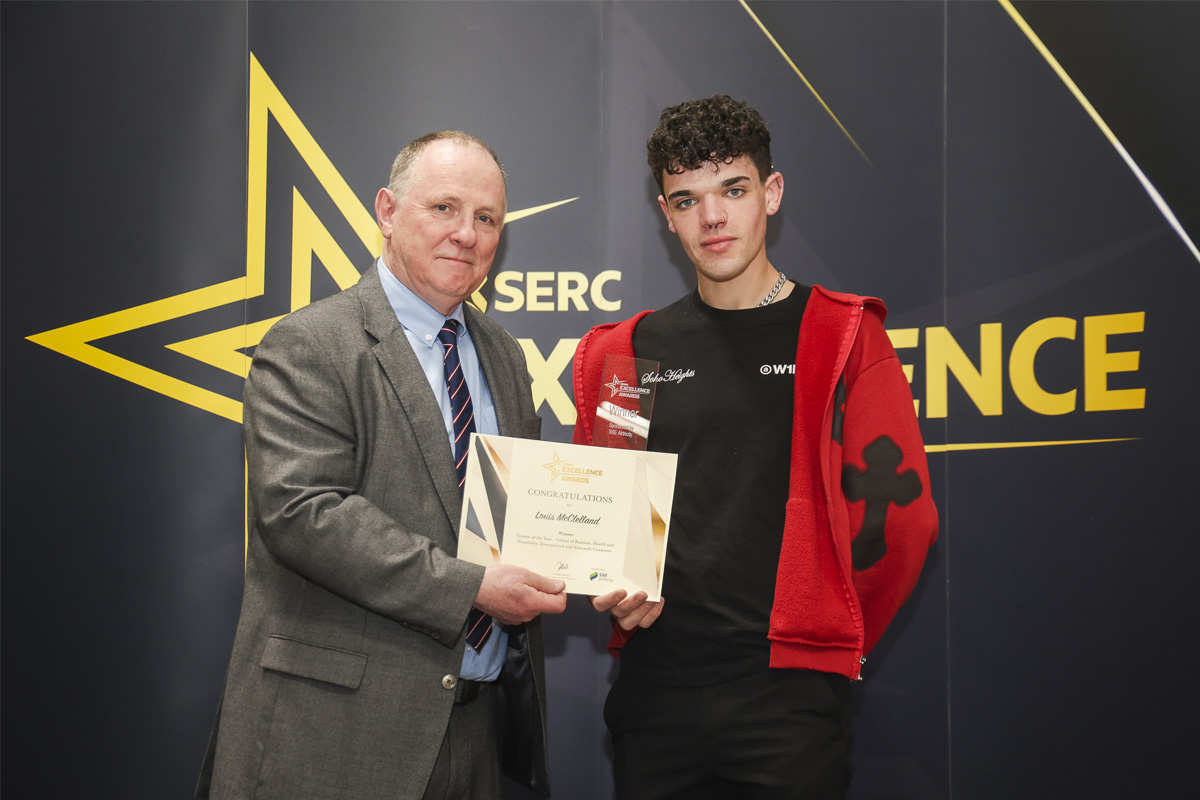What works in gifted education?

New research from the Centre for Education Economics (CfEE) points to ways beyond the stalemate in gifted education.
The role of targeted education programmes in stimulating higher achievement among gifted children is a hotly debated topic in education – perhaps nowhere more so than in England, where more than a decade of concerted effort in the late 90s and 2000s only intensified dispute about who should qualify when funding is limited, and to increase tensions around the equity agenda.
Yet, as successor governments have honed in on the progress of low-performing pupils especially, the needs of gifted pupils are all too often neglected. This seems short-sighted in that we know that high-performing pupils contribute disproportionally to countries’ economic growth.
Taking a fresh look at the existing empirical research on gifted education worldwide, CfEE Lead economist Gabriel Heller Sahlgren finds little evidence to suggest that either gifted education programmes, or streaming, on average, and in their present form, make much difference as ways of generating higher performance among gifted children.
Among the few empirical studies available however, he does find a number that demonstrate positive effects for enrichment programmes combined with self-directed or individualised instruction.
Such strategies are not necessarily reliant on school-level tracking or streaming. Neither are they inconsistent with cognitive research on what expert learners need, nor with the literature demonstrating that traditional, teacher-directed approaches work best for most children, but not especially these. And intriguingly, they are characteristic of the educational models implemented by a number of high performing economies, mostly in Asia, with whom we compete. For these reasons, there’s a strong case for further investigation.
Gabriel Heller-Sahlgren is Lead economist at the Centre for Education Economics and Affiliated Researcher at the Research Institute of Industrial Economics in Stockholm, Sweden. He is also a PhD student at the London School of Economics.
He has published widely in the field of economics of education, and appears frequently in international media on issues related to applied microeconomics.
Acknowledgements
CfEE wishes to thank the trustees of the Political and Economic Research Trust (PERT) for the grant that made this project possible.
The decision to award funding for this research was inspired in part by the impressive and longstanding work of the Coram Tomorrow’s Achievers charity in supporting very able children and their families in the UK.
This report examines how similar children and young people are supported internationally and seeks to identify the lessons that can be learned from research into their experience. Accordingly it is dedicated to them.
About The Centre for Education Economics: An independent think tank working to improve policy and practice in education through impartial economic research. The Centre exists for the study of education reform – to research and disseminate evidence addressed to how to improve the quality and efficiency of education services; achieve optimal outcomes for young people; and maximise the benefits of education to society as a whole.
CfEE publishes books and in-depth policy studies, which in turn frame and inform our shorter reports and comment pieces on day-to-day education policy matters. We also run a variety of stakeholder engagement projects to inform our research and engage the public in the policy debate.











Responses